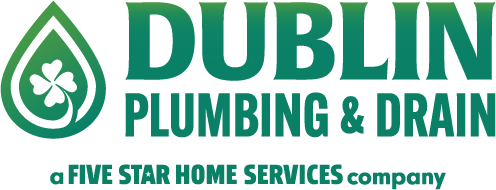Professional Plumbing Inspections in Dublin, OH
Your plumbing might not be something you think about every day, but it’s definitely an important part of your home. It’s the pipes behind your walls and under your foundation that give you clean water and move waste through to the sewer line. If you suspect a problem with your plumbing, or just want to make sure everything is in good working order, contact us at Dublin Plumbing & Drain for professional plumbing inspections in Dublin, OH.
When you need a professional plumbing inspection, it’s important to know what kind of plumbing inspector you need. A licensed plumber will be familiar with the local codes and regulations for your home or business. A certified master plumber has passed an extensive exam and is trained in advanced methods such as trenchless sewer repair and water heating systems.
An expert witness can testify to the condition of your pipes and fixtures during legal proceedings, including divorce cases involving property ownership or child custody disputes where there are questions about household maintenance issues.

We’re Friendly & Professional
We’ll treat you with respect, and we’ll always be on time.

We're Knowledgeable & Experienced
Our plumbers have years of experience in the plumbing industry, so they can tackle any issue that comes up!

We’re Honest & Reliable
We make sure everything is completed properly before leaving your home at the end of each day (or night).
Why Are Plumbing Inspections Important?
The purpose behind plumbing inspections is simple: they help identify potential problems before they become major issues. By revealing these problems up front, you can avoid many headaches down the road—and also save yourself some money!
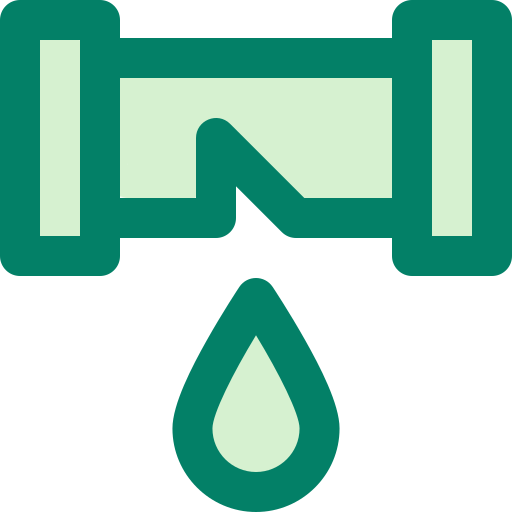
They Help You Make Better Home-Buying Decisions
With a plumbing inspection, you can be sure that a house’s pipes are in good condition. No matter how well-maintained the home may appear, it is important to know that there are no hidden leaks or breaks in the system before purchasing it.
With an inspection from Dublin Plumbing & Drain, you will have the peace of mind that comes with knowing everything is working as it should.

They're a Part of Regular Maintenance
How often should you have your plumbing inspected? The answer to this question depends on the age and condition of your pipes, fixtures, and appliances. If they’re older than 15 years old, then it’s a good idea to get them checked out at least once every three years. If they are newer than five years old, then they should be checked at least once per year.
Do you need to call a plumber if my home has an unusual smell or rust stains in the sink? If you notice any sort of strange odor coming from your drains or water pressure dropping significantly when using water in one room of your home, then it might be time to call a professional for help!
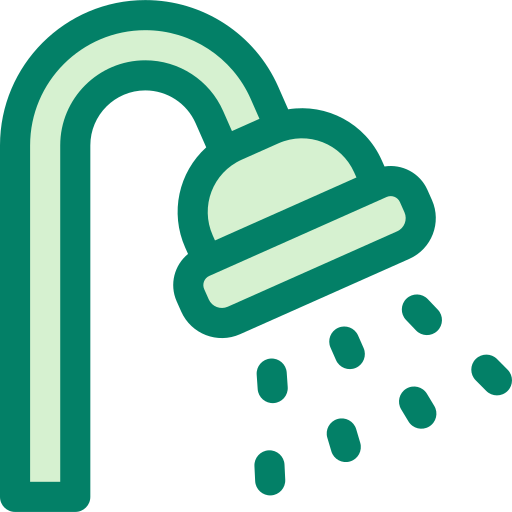
They Help You Uncover Drain Blockages
Drainage problems are a common issue our plumbers can help you with. If you’re experiencing drainage issues, it’s important to act quickly to prevent the problem from getting worse. These issues are often caused by:
– Tree roots that have grown into your pipes, causing clogs and leaks
– A crack in your pipe
– A blockage caused by food waste or other foreign objects
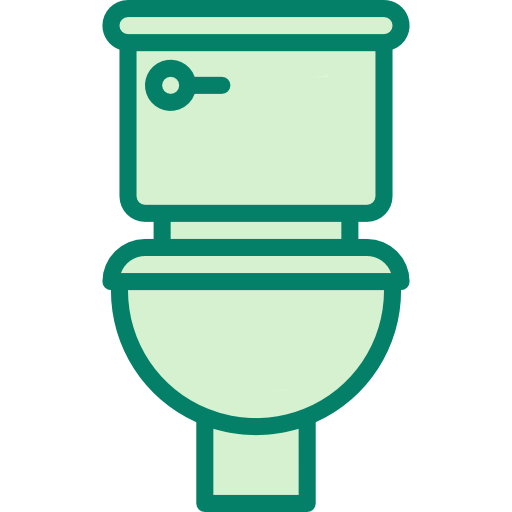
They Help You Find Potential Problems
Plumbing issues can also be dangerous—they may cause major damage if left untreated, which could result in serious injury or even death! Additionally, plumbing issues can be a health hazard because they may allow waterborne contaminants into your home through exposure routes like drinking water faucets or tubs/showers (this is especially true when combined with other aging infrastructure like old sump pumps).
Finally, plumbing issues can also be a fire hazard: older homes use combustible materials such as PVC pipe instead of fire-resistant materials like copper.
Choose Dublin Plumbing & Drain for Plumbing Inspections in Central, OH
When it comes to making smart home-buying decisions, plumbing inspections are an essential part of the process. The professional plumbers at Dublin Plumbing & Drain will conduct a thorough inspection of your future property and make sure that everything is in working order.
Plumbing inspections take place during the final stages of preparing your home for sale or purchase. They’re one more way to ensure that you have all the information needed to make an informed decision about purchasing your next dream home!
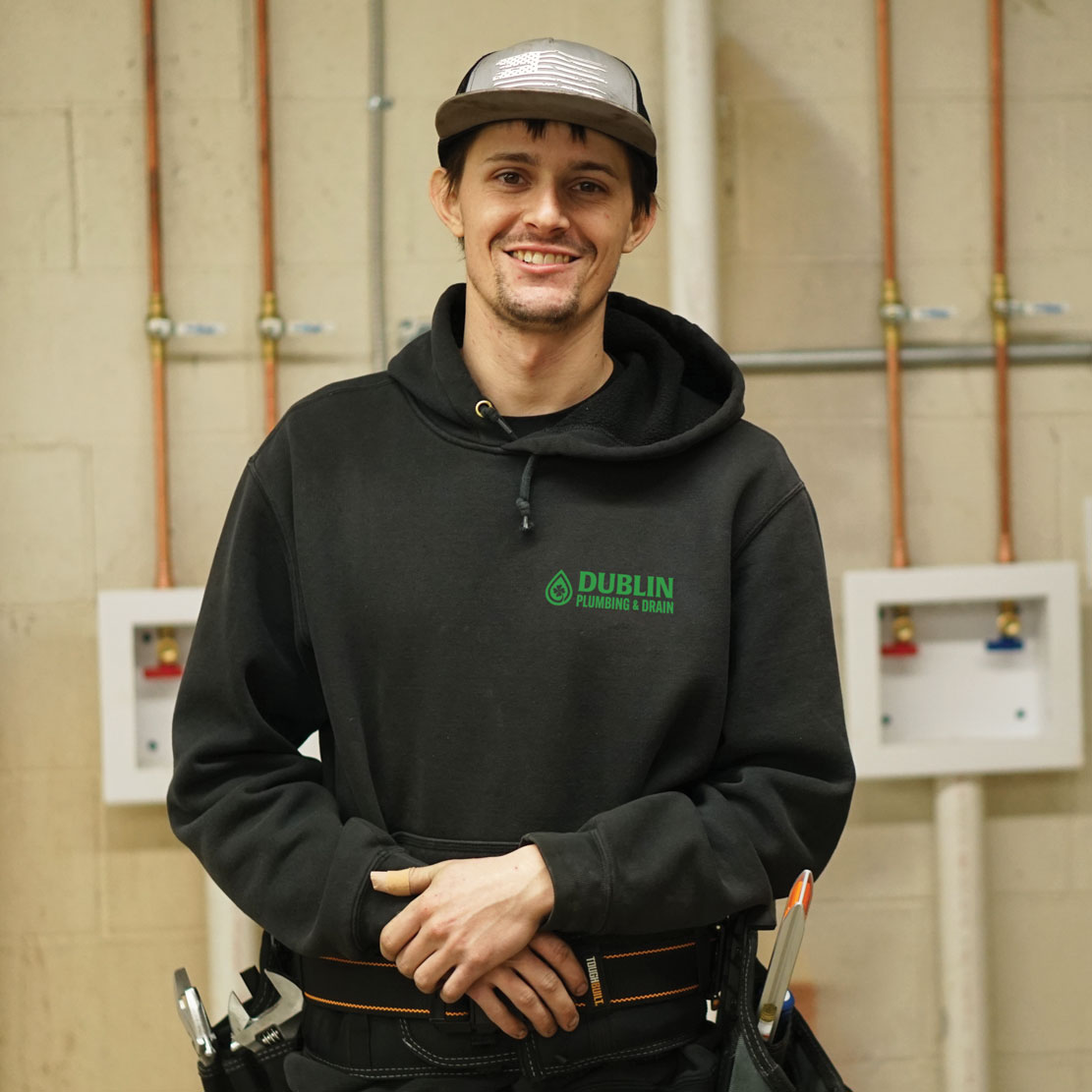
Points of Inspection
Plumbing inspections are important because they help you make better home-buying decisions. During the inspection, a professional will look at:
Basins, Sinks & Faucets
Some of the steps we’ll perform include the following:
To check for a leaky faucet, turn off the water to the sink and run your finger around the end of each pipe where it meets the faucet. If you feel moisture, there’s a good chance that water is leaking from one of those connections.
To check for a leaky toilet, lift up on the tank lid and watch for water pooling in front of it when you flush—this indicates that some sort of seal isn’t holding properly and requires immediate attention before more damage can happen.
Leaks can also be found around bathtub spigots by turning off all water sources (shower head included) while listening closely at this point; listen carefully as you turn back on each source until you hear any gurgling sounds coming from where it connects with its pipe work—that will indicate where there’s an issue with a faulty O-ring or other part that needs replacing ASAP!
Exposed Pipes and the Overall Plumbing System
Check for rust and corrosion on metal pipes and fixtures, especially behind the walls and under your kitchen sink or bathtub area.
Look for frozen pipes in your basement walls or crawlspace, which can cause major damage to your home if left unchecked.
Look at connections between water supply lines and fixtures such as faucets and toilets to ensure they are secure, not leaking, corroded or cracked.
Test water pressure throughout the house to see if it’s above normal levels.
Washers, Hot Water Heaters, and Other Appliances
There are many reasons why you should have a professional plumber inspect your home. Having a plumber inspect your home can help you avoid expensive repairs, potential health hazards, and potential environmental hazards. This will prevent unnecessary stress and frustration in the long run.
If you’re not sure if you need to get an inspection done, here are some signs that it might be time for one:
You notice that there are leaks or standing water around water softener, water heater, or other appliances
The pipes or appliances make loud noises when the water is turned on or off
There is discoloration of the sink or tub when hot water runs through it
All Other Pipes
The main sanitary sewer is the pipe that connects to your home and goes out to the public sewer system. It’s usually made of PVC or cast iron, and it carries waste out of your house through a hole in the street. Most houses have only one main sanitary sewer, but some homes may have more than one if they are connected in series (like a T fitting). If you have multiple main sanitary sewers, we’ll inspect all of them during our plumbing inspection.*
The water supply system includes all pipes used to bring water into your home from nearby sources such as lakes, springs and wells. This includes:
- Faucets
- Hoses
- Showers/bathtubs
24/7 Emergency Plumbing Service in Dublin, Ohio
If you’re in need of a 24/7 emergency plumbing service in Dublin, Ohio, look no further than the skilled plumbers of Dublin Plumbing & Drain. Our team is available to take your call at all hours—day or night—to help you with any plumbing issues that may arise. Whether it’s a broken water heater or a backed-up sewer line, we’ll be on the job right away to get things back up and running again ASAP.
We offer a wide range of services—from drain cleaning to leak detection, pipe repair and replacement—so no matter what type of plumbing issue needs attention, you can count on us for help. We even do inspections before large events like weddings or conferences so that you know everything will run smoothly when it comes time for guests to arrive!
At Dublin Plumbing & Drain, we treat our customers like family because building relationships with long-time clients is something we value highly here at our company. That’s why we offer free estimates for all jobs as well as excellent customer service before, during, and after each job is completed by our staff members (you’ll never see an unskilled worker behind one).
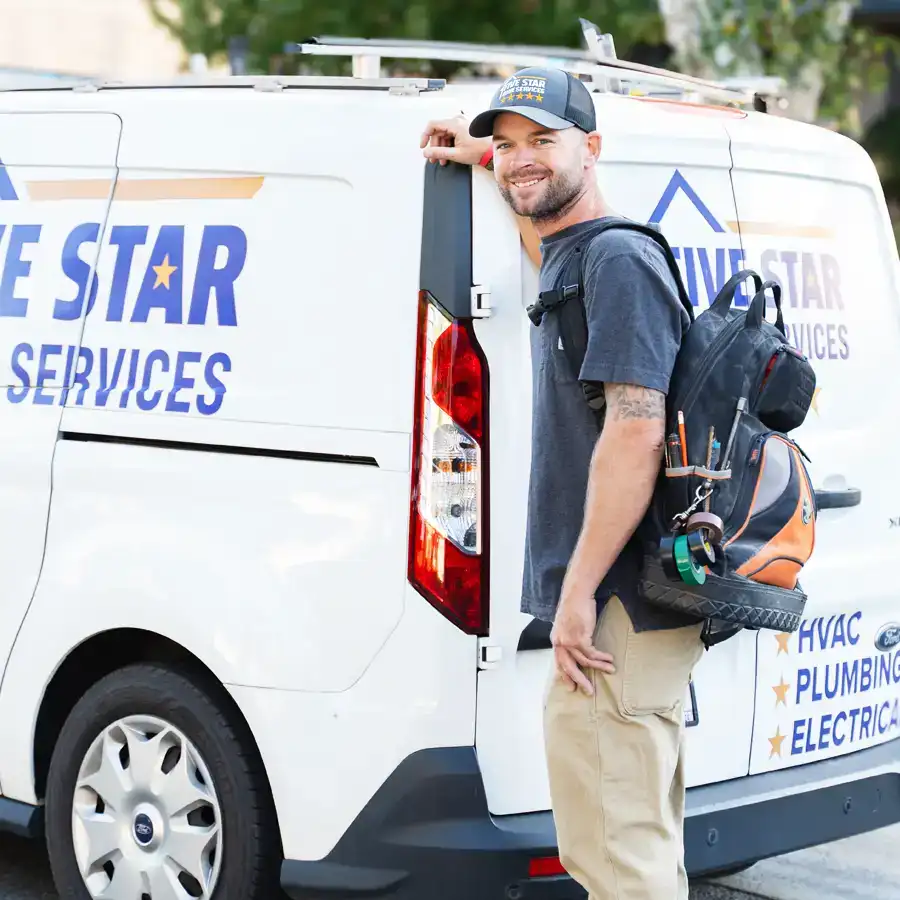
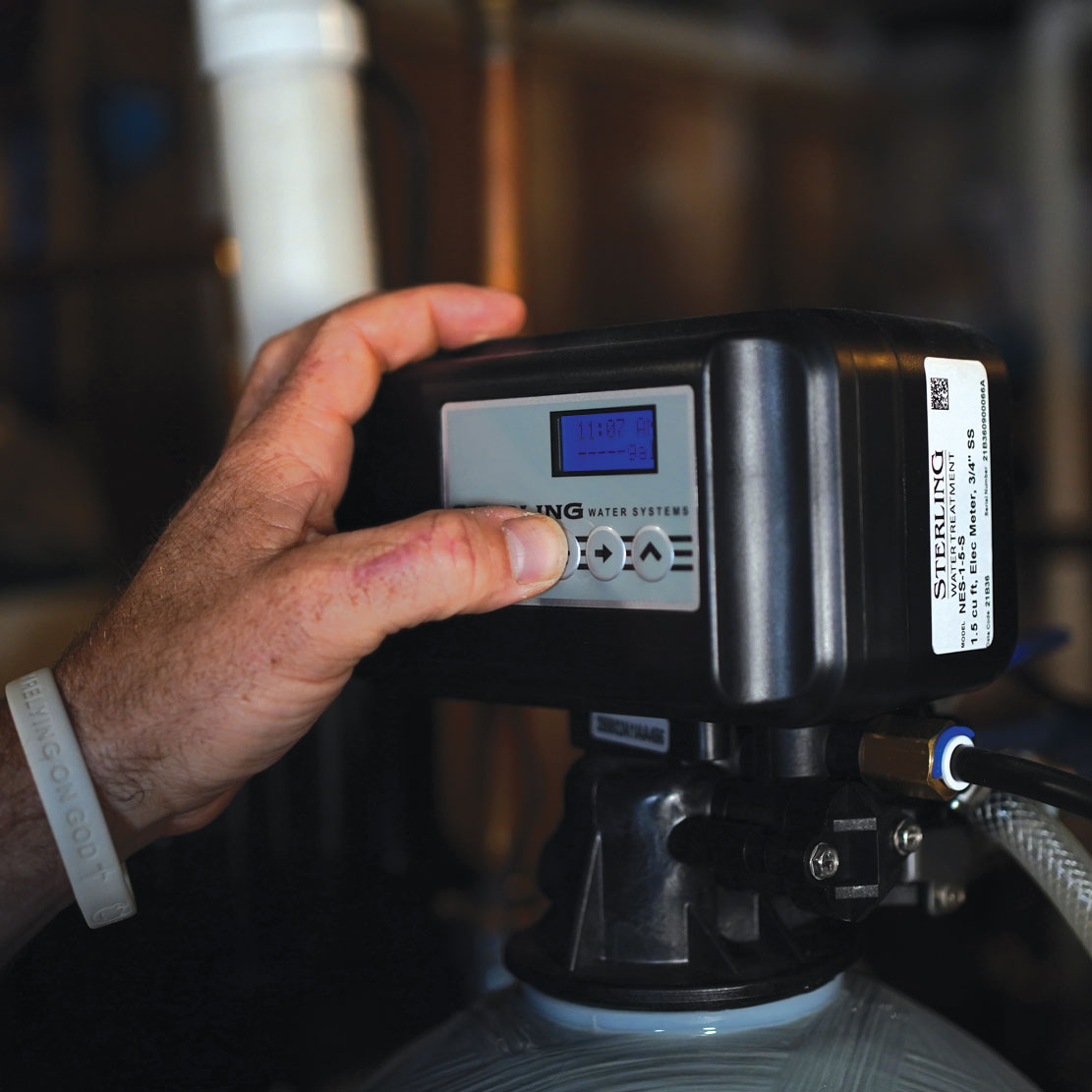
Frequently Asked Plumbing Inspection Questions
At Dublin Plumbing & Drain, we believe in finding long-term plumbing solutions for commercial and residential plumbing systems at the most competitive prices in Central Ohio. If you have any questions about your plumbing, please give us a call at (614) 547-9979
How do plumbers find water leaks?
Plumbers can find leaks in your water system using a variety of methods. They’ll typically use a smoke test, which involves the plumber sealing off certain sections of your pipes and then lighting them on fire to see if they produce smoke. This process is usually repeated throughout the entire system until all potential leaks have been identified.
Water leak detection dye is another common method of detecting leaks because it allows plumbers to easily locate areas where there are more than usual amounts of water loss occurring. Plumbers may also employ listening devices such as stethoscopes in order to hear gurgling noises emanating from hidden pipes; this is often an indication that there’s some kind of obstruction somewhere along that particular pipeline.
In addition, plumbers may use specialized equipment such as water leak detectors or even video cameras if necessary—but these approaches are less common than those mentioned above because they’re significantly more expensive and time-consuming (not exactly ideal for busy homeowners).
How do I know if there's a leak in my sanitary sewer line?
If you suspect there’s a leak in your sanitary sewer line, there are several ways to determine this. The first is the smell of sewage. Sewage will have a pungent odor that can be noticeable from outside the home or even down the street.
Next, look for running water; sometimes, you may hear it coming from under your house before you see it coming out of your sink or shower. If none of those signs are present, check your water meter to see if it’s spinning faster than usual. You should also check with any neighbors who share a line with you; they might notice more frequent usage on their end as well if there’s an issue with yours!
Finally, look at the toilet bowl after flushing: if sediment forms quickly in its bowl and remains on top after flushing, then there may be an issue with sediment buildup due to slow drainage caused by a broken pipe or cracked joint somewhere along that line between where the main line starts at street level and ends up in each individual house (in which case we would recommend calling us right away so we can come out ASAP).
What are the most common plumbing problems?
Leakage from the toilet. The most common plumbing problems are leaks coming from the toilet, which can happen in a variety of ways.
Faucet leakage. A leaky faucet is another common plumbing problem that can lead to higher water bills and damage to your home’s pipes and fixtures.
Pipes that are damaged or broken can allow water to seep out into the surrounding walls and floors—and an even bigger issue if there isn’t enough pressure in the system, causing toilets not to flush properly or at all!
